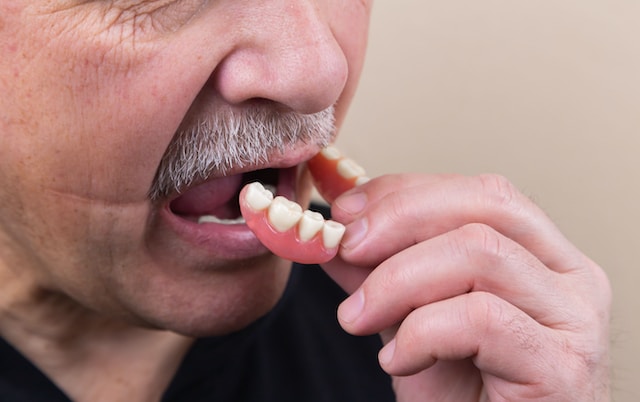An interesting article titled “Associations of Dental Health With the Progression of Hippocampal Atrophy in Community-Dwelling Individuals: The Ohasama Study,” written by Satoshi Yamaguchi and et. al. appears in Neurology, published on Juy 5, 2023. The article sought to explore associations between the number of teeth present and hippocampal atrophy older patients 55 years and older in a longitudinal study.
The hippocampus is part of the brain that is important for learning and memory. With Alzheimer’s disease, atrophy of the hippocampus is a common feature but other factors, such as periodontitis (gum disease) can be seen. The researchers were under the assumption that the association between dental health and hippocampal atrophy might be due to inflammation. Gum disease is a chronic inflammatory condition, and inflammation has been shown to damage the hippocampus.
The study included 172 people with an average age of 67 who did not have memory problems. The study included having the patients conduct dental exams and have memory tests. The patients also had brain magnetic resonance imaging to measure the volume of their hippocampus both at the beginning of the study and four years into the study. The study also involved counting the number of teeth each person had and checking for gum disease by assessing periodontal probing depth.

Photo by Diana Polekhina on Unsplash
The authors found that fewer teeth were associated with a faster rate of left hippocampal atrophy in patients with mild periodontitis. The authors found that for people with mild gum disease, the increase in the rate of brain shrinkage due to one less tooth was equivalent to nearly one year of brain aging. It was also found that more teeth was associated with a faster rate of atrophy in those with severe periodontitis. For those with severe gum disease, the increase in brain shrinkage due to one more missing tooth was equivalent to 1.3 years of brain aging. The association between dental health and hippocampal atrophy was stronger in the left hippocampus than in the right hippocampus. This association between dental health and hippocampal atrophy was not explained by other factors, such as age, sex, education, or body mass index.The resulsts show that having good dental health may be important for protecting the hippocampus from atrophy and pottentially delay or prevent Alzheimer’s disease.
The authors state:
“…this study revealed that having fewer teeth is associated with a faster rate of left hippocampal atrophy in patients with mild periodontitis, whereas having more teeth is associated with a faster rate of atrophy in those with severe periodontitis…Controlling periodontal disease progression through regular dental visits is crucial, whereas teeth with severe periodontitis may need to be extracted and replaced with appropriate prosthese.”
Limitations of the study included that they are observational in nature and thus do not show that poor dental health causes hippocampal atrophy. The results however suggest that there is an association between the dental health and hippocampal atrophy. Thus it seems that regular brushing and flossing can help lead to better brain health.
